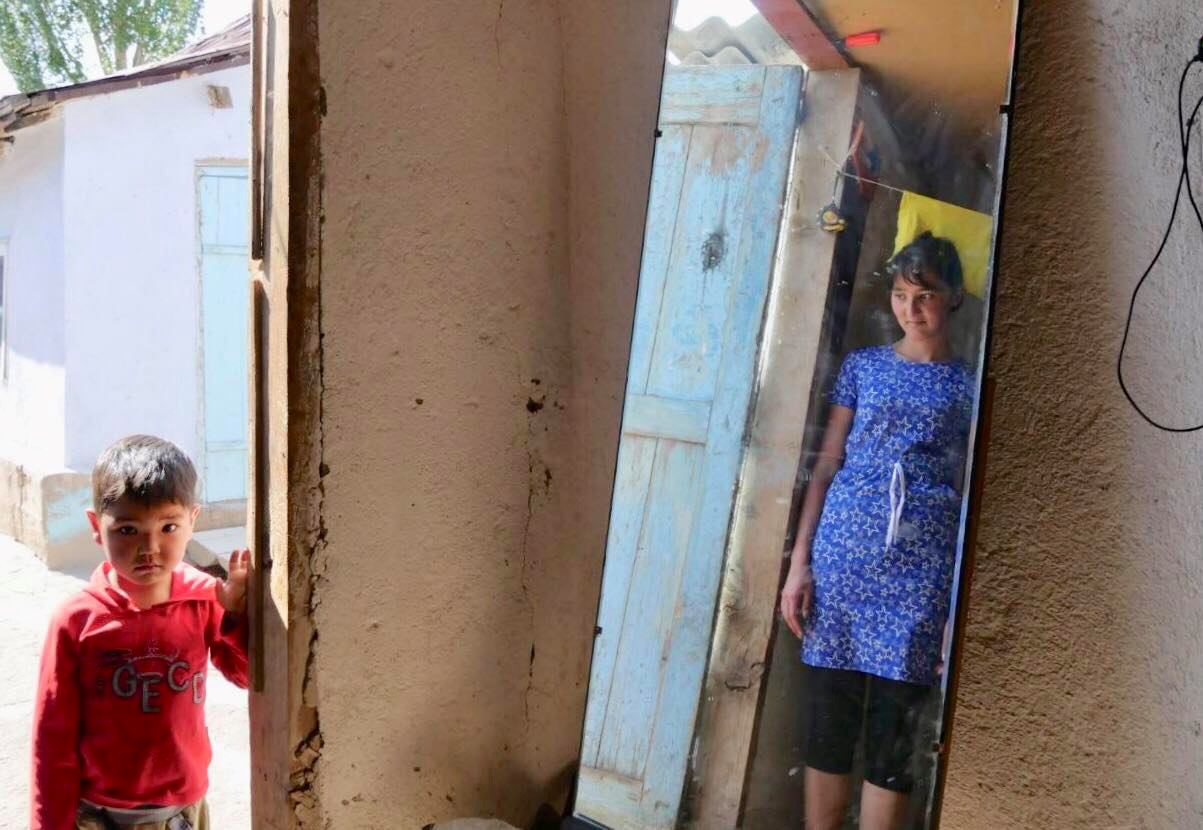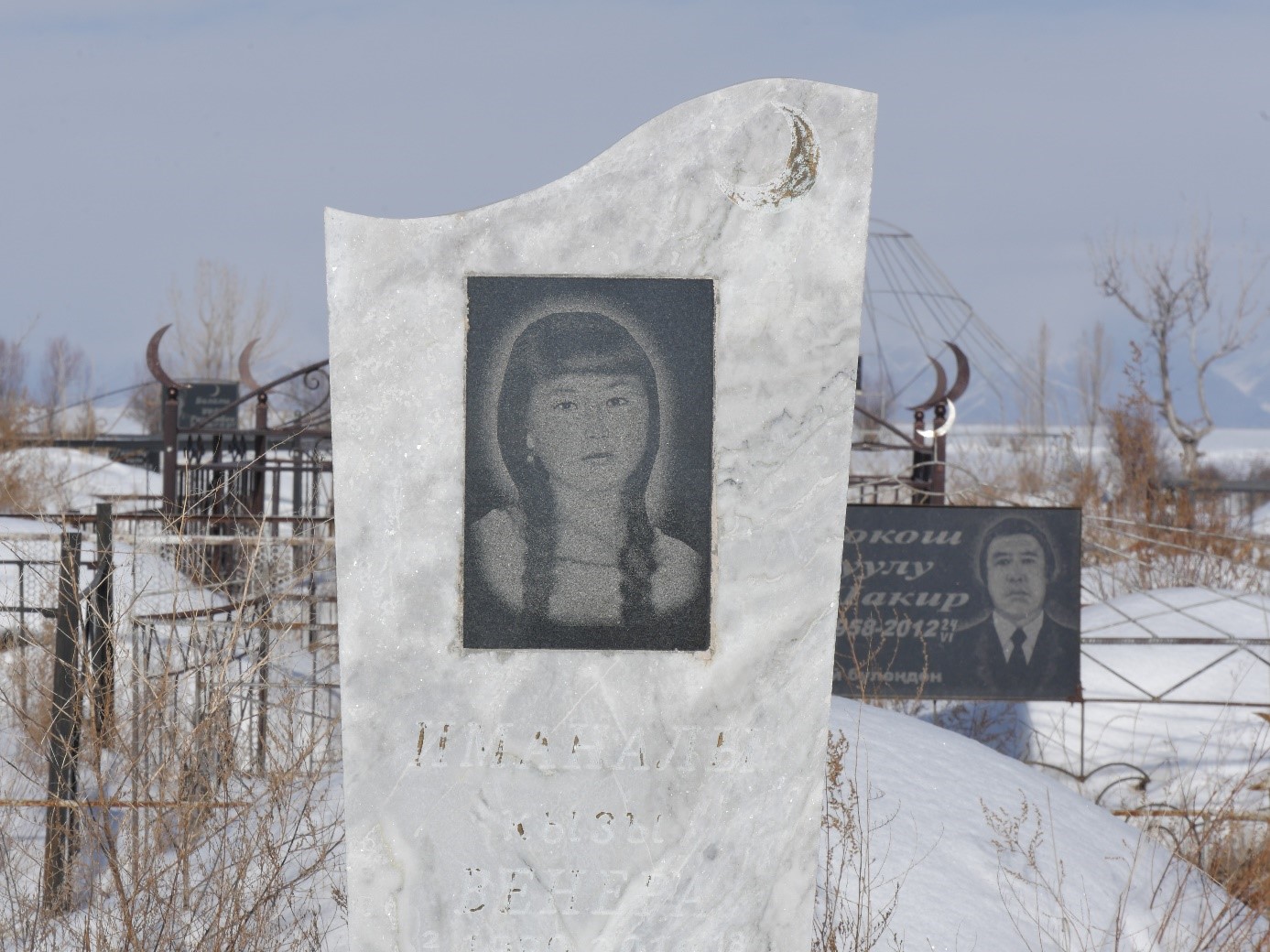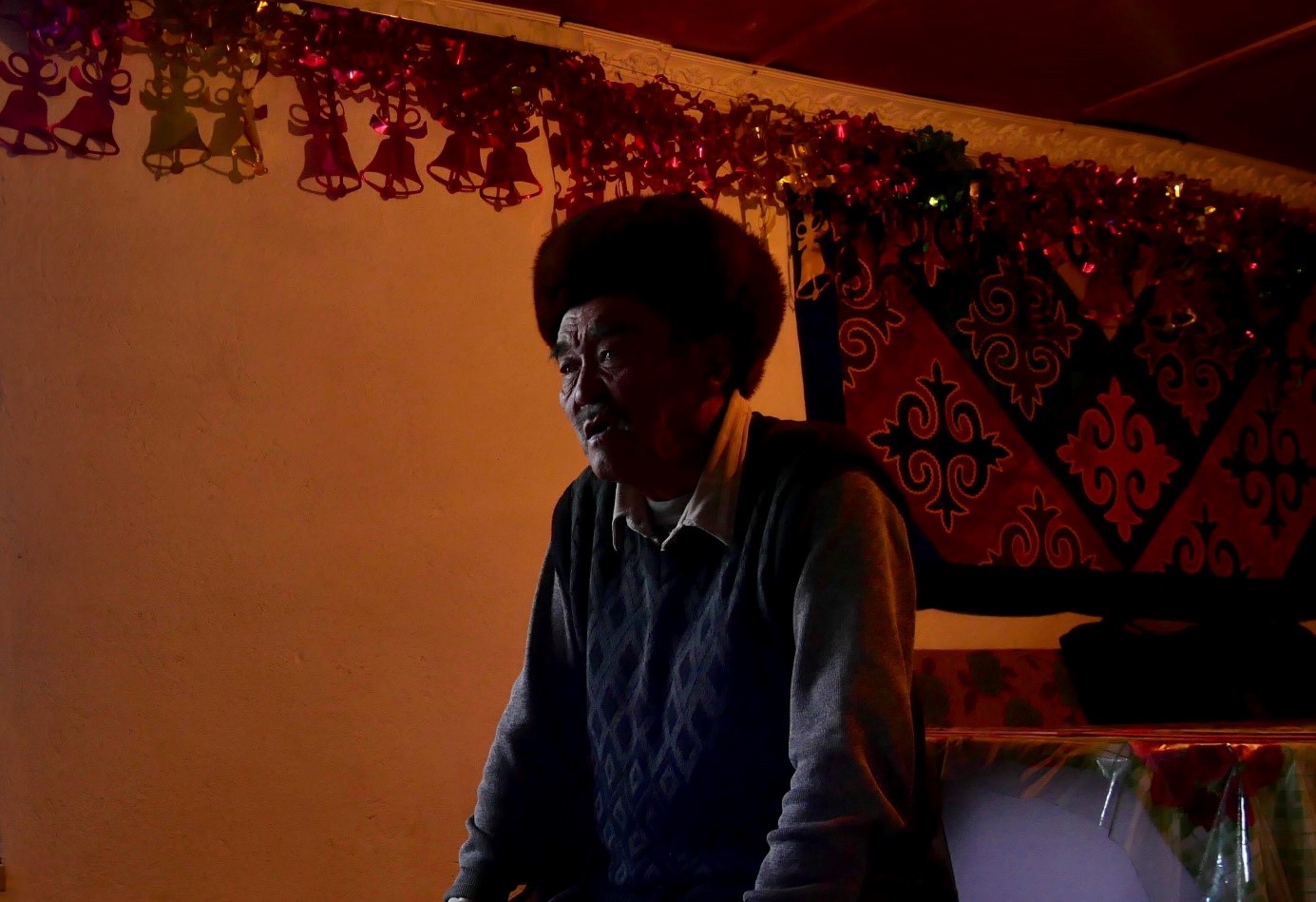In the former Soviet republic of Kyrgyzstan, thousands of young girls and women are kidnapped every year to be forced into marriage. Although the practice was outlawed in 2013, bride kidnapping continues to exist, with destructive consequences for society.
With WILDNESS, Iris aims to de-sensationalize the practice of bride kidnapping and instead reveal the motives and societal expectations that underlie it, providing insight into the lives of ordinary Kyrgyz in the process. The work shows an ongoing struggle within Kyrgyz society and how changing norms may provide hope for the future. Wilderness has been selected for the Jakarta International Photo Festival 2019.

It is often referred to as a tradition, perceived as the obvious thing to do when one is ready for marriage.
If a man has his eye on a girl, he may inform his family members about the upcoming kidnapping, gather his friends together, and wait for the right time. The girl is dragged into a car and brought to his home. Once a girl is brought to the house of the groom, his female family members will persuade the girl to stay, often using physical and mental violence. This part of the process can last for days, until the girl eventually agrees to marriage.
Once a girl’s parents become aware that their daughter has been kidnapped, there is often no way back. The family’s honor was violated the moment the girl was dragged onto the property of the kidnapper. Social pressure often keeps the parents from taking their daughter home with them.
The UN estimates that 12,000 cases of kidnapping occur every year. Although the punishment on bride kidnapping was tightened in 2013 (the practice has been illegal since Kyrgyzstan’s independence from the USSR), prosecution is rare. A wide range of factors may explain the low prosecution rate, ranging from social pressure not to press charges to a lack of confidence in the authorities. In some cases, the kidnapper is a blood relative or a member of the “extended family,” further complicating the situation.
Despite legislative measures, widespread cultural acceptance of the practice persists. While interviewing dozens of people in rural parts of Northern Kyrgyzstan, I learned about the scale of the problem and the devastating impact it has on society. Physical and mental violence is common during kidnappings and these experiences haunt the victims for years. A number of suicides have even been reported after kidnappings.


In my quest to understand the practice of bride kidnapping, I came to two main realizations.
First of all, I was struck by the ease with which people—men and women, young girls and boys—spoke about this practice. Everyone I spoke to had witnessed a kidnapping, assisted in a kidnapping, or had family or friends who were kidnapped. Those who had played a role in a kidnapping were often proud instead of expressing shame or regret about their actions. There is absolutely no taboo on the topic of bride kidnapping.
Second, and just as remarkable, is the role of women. Women sometimes entrap their friends in order to get them kidnapped; female family members play an important role in convincing a kidnapped girl to stay and agree to marriage. Those mothers and grandmothers who were themselves kidnapped many years ago now play an important role in convincing kidnapped girls to stay and marry their child or grandchild—thus keeping the practice alive.
also see: https://VD-cVDsv1C4
Hope for the Future?
While following three women—Makhabat, Ijamal, and Madina—for over two years, I came to a third realization, namely that there might be hope for the future. Makhabat was kidnapped by an acquaintance, refused to marry him, and returned home with her father. Ijamal went to study in the capital, Bishkek, out of fear of being kidnapped. Both are now married for love. As Ijamal’s mother, Madina, told me the last time we met, “It is all about how we educate and raise our children.”
Education is one of the ways to stop this cruel practice. Young boys, who joke that they will kidnap a girl themselves one day, are the ones who should be educated. They should hear the stories of young girls who have experienced kidnapping, see their tears, and feel how deeply they have been wounded by what people in Kyrgyzstan call a “tradition”—even though it is not. It is just a practice of violating the rights of women that began from one day to the next and can hopefully be stopped in the same way soon.

Iris Oppelaar is a multimedia journalist who covers stories focused on human rights and migration in Central Asia and Russia. Iris holds an MA in Politics, Security and Integration from the School of Slavonic and East European Studies (UCL, United Kingdom) and a BA in European Studies. Her recent multimedia work WILDNESS has been selected for the Jakarta International Photo Festival 2019.
